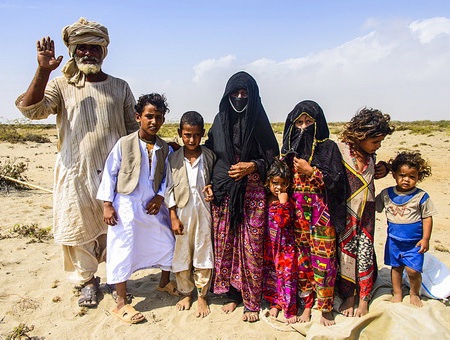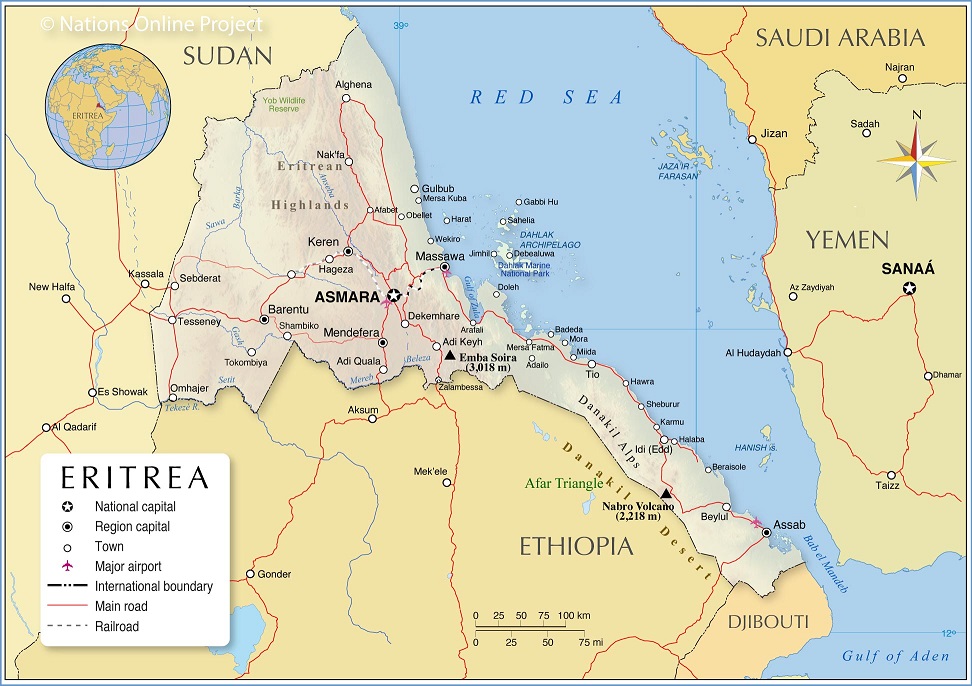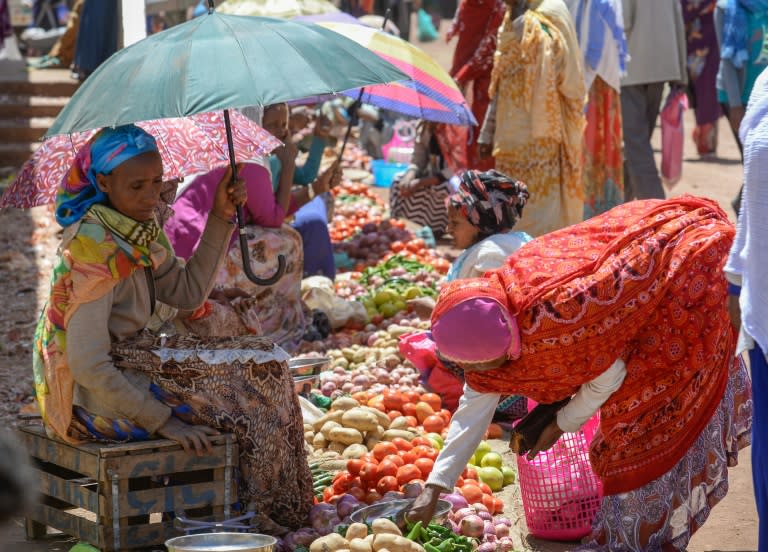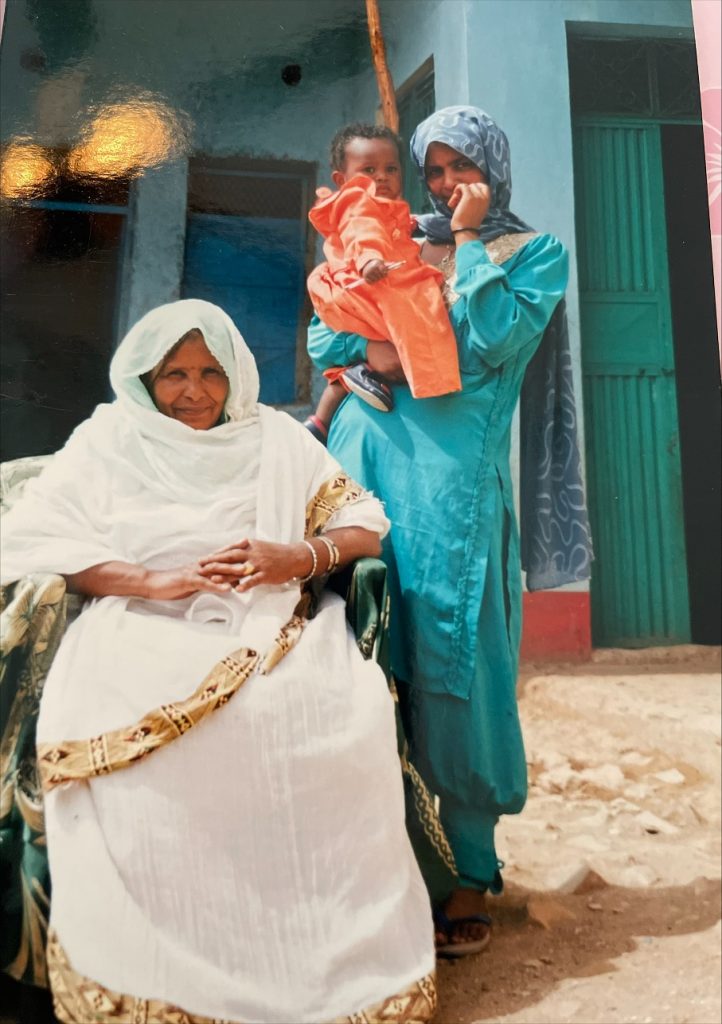marhaba! My name is Heden Abdulah, and I am a sophomore studying Global Studies and Environmental Policy with a minor in Arabic Language and Culture. It would be remiss of me to say that studying Arabic is easy. On many frustrating nights, I found myself staying up late, doing my Arabic homework, and trying to memorize verb forms, questioning why I chose to learn this language in the first place. In those moments, it is challenging to see beyond my frustration and sleepiness to stay motivated and excited about learning Arabic. However, when I think about the ways in which learning Arabic has allowed me to connect with my family and culture, my motivation and excitement soar.
Whenever I go back to Minnesota for a break, I sit in my uncle’s living room with my Aboya (grandmother), who loves watching the news. She will say “khabar,” the word for news, in Arabic, and point at the remote, and I grab the remote and put it on CNN or Aljazeera. Not long ago, she would have said “CNN” whenever she wanted to watch the news, but after I told her that I was learning Arabic in school, she has taken every opportunity to use Arabic to communicate with me.
Having lived the first seven years of my life in Senfa, a small market town in southern Eritrea, I spoke Tigrinya and Saho, and I was learning Arabic in school. After moving to America, I needed to learn English quickly. I struggled to balance learning English and maintaining the languages I already knew; as a result, I lost my Tigrinya and Saho. Therefor I struggled to communicate with my Aboya and felt like I had lost all connection to my culture and history. This feeling of disconnect only intensified as I grew older, and I felt homesick for a place I could no longer access.

Studying Arabic has been a challenging yet a rewarding experience. The richness and beauty of the language, the vocabulary, grammar, and life lessons I have learned in my classes are invaluable. But what has truly made the experience special is the chance to reconnect with my Aboya and my culture. Recently, when my Aboya had eye surgery, I could talk to her in Arabic and tell her not to feel scared and that I loved her. This simple communication made both of us incredibly happy, and it reminded me of the importance of language in maintaining connections with loved ones. While I am still working on improving my Arabic skills, each new lesson brings me closer to reconnecting with my Aboya in a meaningful way. I feel a sense of pride and excitement as I learn new phrases and vocabulary that allow me to better understand her jokes and communicate more effectively. Being able to have longer conversations with her is something I look forward to with great anticipation.

Arabic has a long and storied history in Eritrea, dating back to the establishment of trade routes that brought the language and culture of the Arabian Peninsula to the region. Eritrean Muslims quickly embraced Arabic as a means of studying the Quran, and the language spread rapidly throughout the country. Even during the Italian occupation, Arabic continued to be spoken and used as a means of communication, thanks in part to the presence of Arabic-speaking translators who helped bridge the gap between locals and colonial officials.
Today, Arabic is predominantly found in the form of Modern Standard Arabic, taught in primary and secondary education, while native speakers speak dialectal variants of Arabic throughout the country. Arabic is also used as a lingua franca by Muslims from different ethnic groups, and members of smaller ethnic groups express interest in having their children learn Arabic, recognizing its significance as a major language in the country and the rest of the world. One of the most widely spoken dialects of Arabic in Eritrea is Sudanese Arabic, which is closely related to the Arabic spoken in Sudan and heavily influenced by local Eritrean languages. The Rashaida ethnic group, who have strong historical ties to Saudi Arabia, speak a dialect known as Hijazi Arabic.

As for me, beyond my personal gratification and cultural connections, in studying Arabic, I have come to appreciate the immense value of language learning in building bridges of understanding and communication between different peoples and cultures. Furthermore, my studies have taught me, that success in Arabic requires perseverance and dedication, qualities I will carry into all aspects of my life. As I continue to deepen my understanding of this rich and complex language, I look forward to the ways in which it will continue to shape my personal and professional life.


